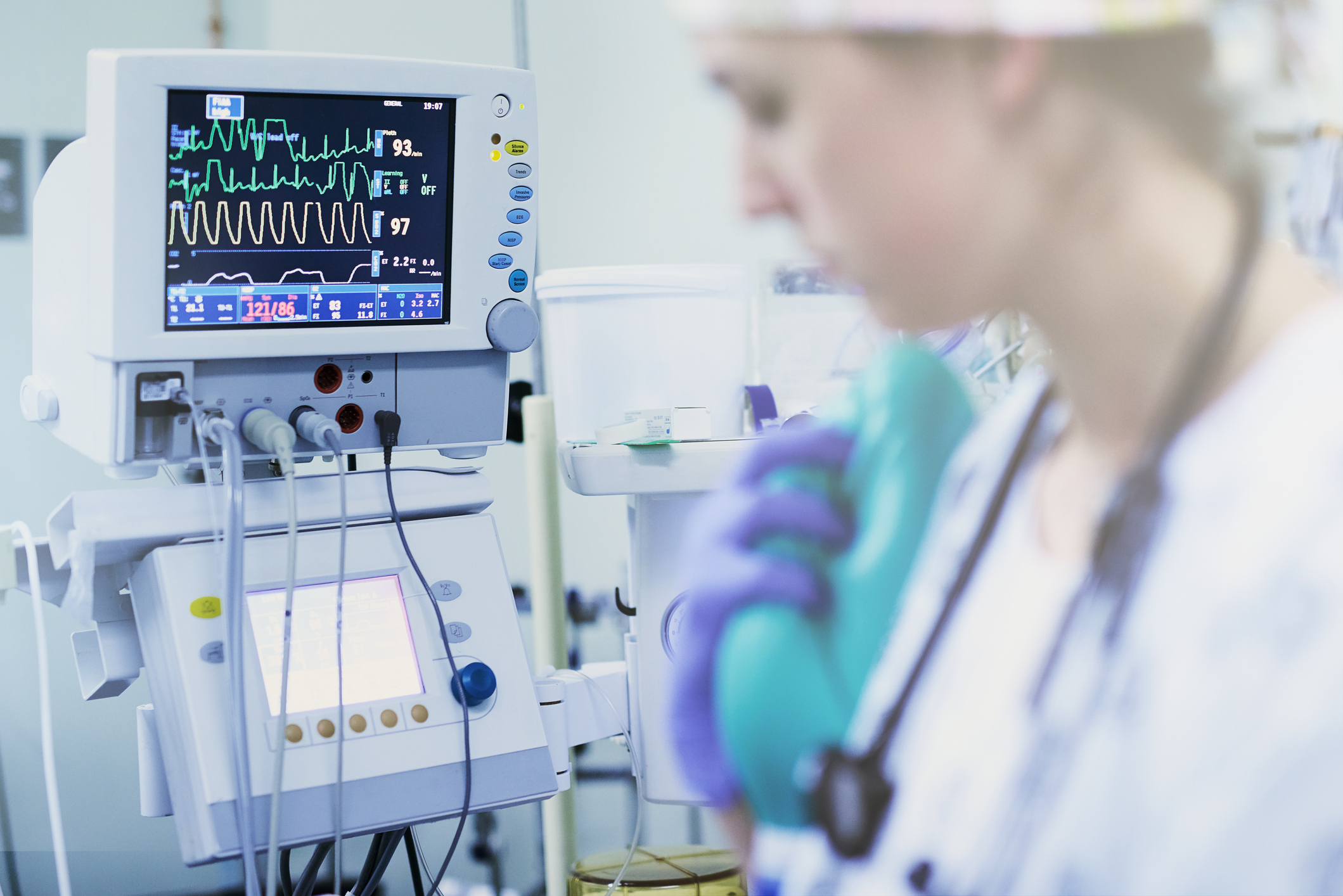Medical devices are an essential part of the delivery of high-quality healthcare to patients all across Europe. In many countries, their procurement and management in the hospital setting falls often under the authority of hospital pharmacists.
To further improve the safety of medical devices for European patients, a new regulatory regime was adopted in spring 2017, encompassing both the Medical Device Regulation (MDR) and the In Vitro Medical Device Regulation. With the MDR becoming fully applicable from May 2021 onwards, the European Association of Hospital Pharmacists (EAHP) recently reiterated some of the considerations raised by hospital pharmacist in EAHP’s Statement on the Medical Device Regulation, adopted in 2014, and the EAHP’s opinion on this topic released in 2019.
The Association said it welcomes the reinforcement of the supervision of notified bodies, the strengthened clinical evaluation, and the improved surveillance and vigilance mechanisms introduced by the MDR. In relation to the latter, the EAHP said it would like to express its support for the requirements mandating manufacturers to report serious incidents and corrective actions they have taken to reduce the risk of recurrence.
However, given that systems for pharmacovigilance reporting by health professionals in respect of medicines are well established across Europe, the Association said it would also like to see further empowerment of healthcare professional and patient reporting, in particular, reporting from hospital pharmacists specifically trained for this task.
Ensuring reporting processes for devices and medicines are of a similar nature will help to reduce the burden of reporting, and, by increasing the familiarity of the process to the health professional, increase the likelihood of reporting, it said, adding that targeted information campaigns should be launched to encourage and enable healthcare professionals to report suspected serious incidents to the competent authorities.
With regard to the European Database on Medical Devices (EUDAMED), EAHP maintains the position that the information-sharing capabilities of this database will help increase transparency, including better access to information for the public and healthcare professionals. To further facilitate the uptake and use of EUDAMED, the EAHP reiterated its recommendation that the synergies between EUDAMED and EudraVigilance should be explored and that reporting tools used for both should be streamlined to encourage and facilitate reporting.
As for the nomenclature used for the operation of EUDAMED, the EAHP commented on the suggestions made by DG SANTE in January 2020, which stipulate that the European Commission will map the European Medical Device Nomenclature (EMDN) to the Global Medical Device Nomenclature (GMDN). This mapping is of uttermost importance for hospital pharmacists currently working with international nomenclature, it said.
Consequently, the Association called on the European Commission to make the mapping of the GMDN to the EMDN fully available before May 2021, since it is of relevance for the work of hospital pharmacists. The targeted campaigns mentioned in relation to adverse event reporting could also be used for sharing information on the use of the EUDAMED with healthcare professionals, it added.
The efforts made by the MDR to enhance patient safety are supported by EAHP. However, in relation to the establishment of a unique device identification (UDI) system, EAHP stated it would like to underline again its concerns on the integration of this system in the hospital environment. Due to the existence of a separate system for the verification of medicines to combat falsification, it is of importance that healthcare professionals are well trained in the application of the UDI system for devices to avoid any confusion between these two systems. Also, hospitals should be encouraged to facilitate the integration of the UDI system into their existing information systems and working processes, said the EAHP.
It added that hospital pharmacists should be involved in the selection, procurement and evaluation of medical devices in the hospital sector with other healthcare professionals, including the management of clinical trials with medical devices and the evaluation of software classified as a medical device. In particular, medicine-containing devices should not be procured without the expertise of the hospital pharmacist — due to their knowledge and skills, hospital pharmacists are specialists in the field of all medicines procurement.
They should lead in all phases of the procurement processes to ensure the continuity of supply of cost-effective and quality medicines and medical devices to patients, said the EAHP, and the close collaboration between hospital pharmacists and other healthcare professionals is not only of relevance for the procurement of medical devices, but also for their traceability. To guarantee the quality and security of the information delivered to the patient, hospital pharmacists and other healthcare professionals must work closely to comply with the obligations under the MDR.
The Association concluded that it would like to emphasise again the need for close collaboration between authorities and healthcare professionals. Their training and familiarisation with the MDR are of uttermost importance for making the application of the new rules for medical devices a success in European hospitals, said the Association.







